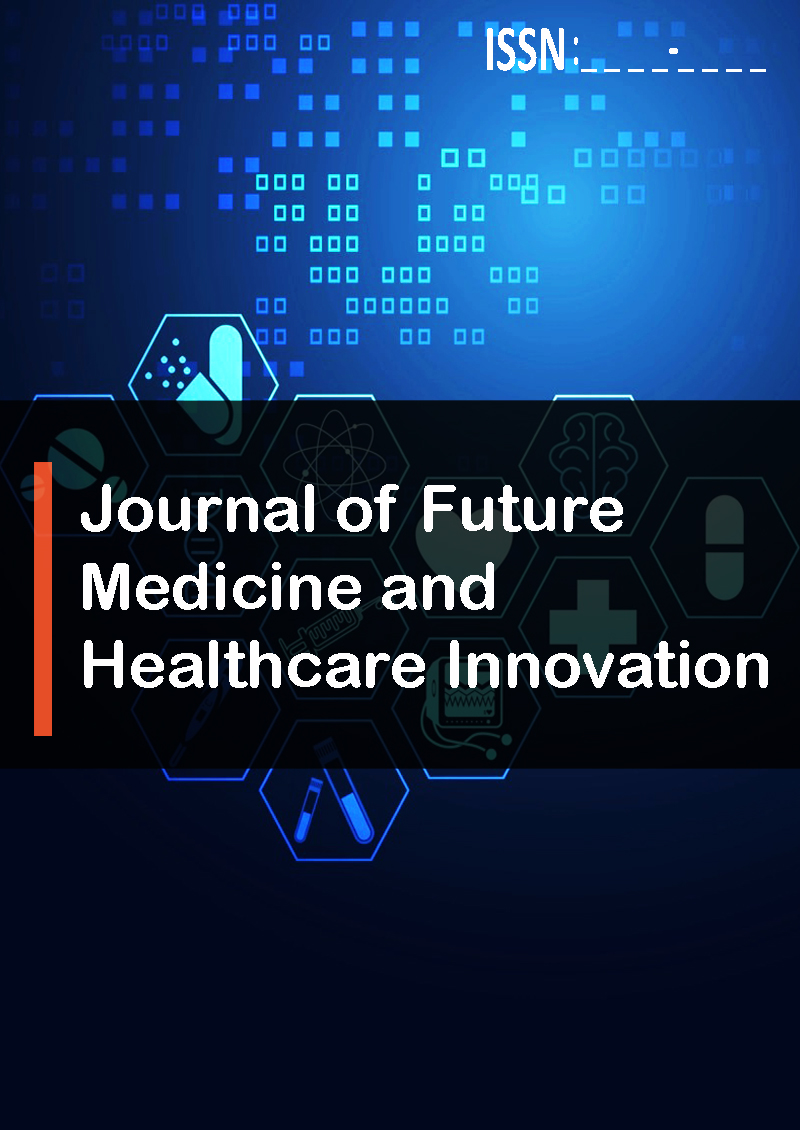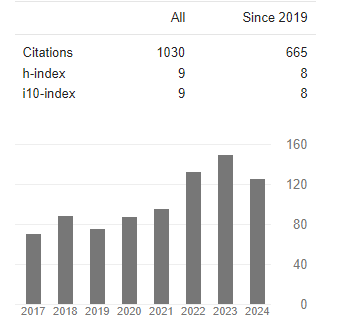Evaluating the Effect of Hyssopus Officinalis and Verbascum Thapsus Herbal Tea on SPO2 and Duration of Hospitalization in Patients With Covid-19
Abstract
Mohammad Taheri, Mahdieh Azizi and Mehdi Salehi
Background: Due to Hyssopus Officinalis and Verbascum Thapsus’s anti-inflammatory and antiviral properties, they can be effective in accelerating the recovery process of patients with COVID-19. The purpose of this study was to investigate the effect of Hyssopus Officinalis and Verbascum Thapsus herbal tea on SPO2 and duration of hospitalization in hospitalized patients with COVID-19.
Materials and Methods: The present triple-blinded randomized clinical trial was conducted on 80 COVID-19 patients, using the simple randomization method in treatment and control groups. Patients in the treatment groups received Hyssopus Officinalis and Verbascum Thapsus herbal tea three times a day for 9 days, while patients in the control group received placebo black tea. SPO2 of patients was measured before and after the treatment every day and recorded in the checklists. Finally, SPO2 level and duration of hospitalization were compared using Stata-17 software.
Results: There was no statistically significant difference between the two groups before the treatment in SPO2 and baseline characteristics. No significant differences in SPO2 were observed between the two groups on the first day after the start of the treatment, while SPO2 was significantly higher in the treatment group from day 2 afterward (P<0.05). On average, patients in the treatment group were discharged 2.14 days earlier than patients in the control group (P=0.041).
Conclusion: Results showed that Hyssopus Officinalis and Verbascum Thapsus herbal tea could improve SPO2 and reduce the duration of hospitalization in hospitalized patients with COVID-19, and this herbal tea may be used for this disease.




